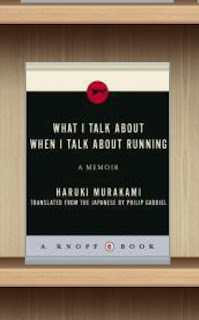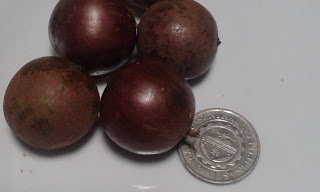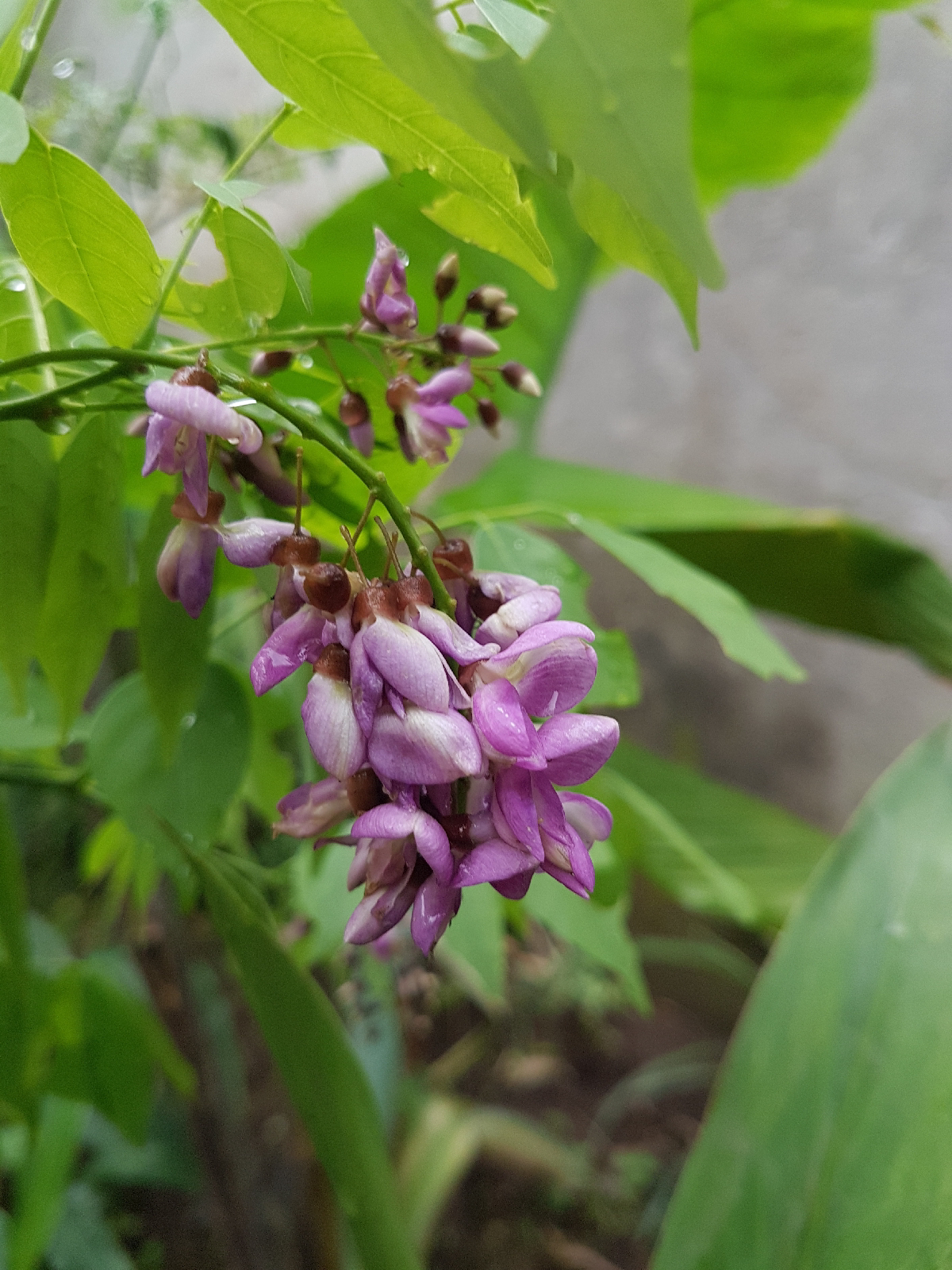What I Talk About When I Talk About Running: A Memoir
What I Talk About When I Talk About Running: A Memoir
Haruki Murakami,
Alfred Knopf, 2007
Translated Copy, 2008
119 pages
Forget the title. I can say that this book is a book on meditation. Okay, just almost.
Murakami transported me to the world of marathon without fondness or favor. He just wanted to run for the sake of running. He loves to undergo the physical challenge in the process of preparing to a marathon. While physically challenging himself, he also make me understand that his character is being challenged too. Discipline, perseverance, focus, stamina, self-examination, and many others are all put to test and use while one is running, just as in writing.
Of course, as I expected, while he is writing about his running, he inevitably talked about his writing novels. And mostly on the virtue of what he does, running and writing.
Though I was not able to read his novels, the genre of which I believe I could not ever read, I still loved to peek through the artistic process of this Murakami.(If it lands on my hands someday, I will read his lone nonfiction to date, Underground: the Tokyo Gas attack and the Japanese Psyche.)
What I love about this memoir is that it is simple and direct with little observations and perceptions of the world from Murakami which he oftentimes translate to his writing, to his own character, his aging, his life.
And like any mature and accomplished man, Murakami can readily be a subject of his own joke.
He ran in Greece alone and while his promoters thought he should not complete the run after some photos were already taken, he surprised his crew that he finished the original Athens to Marathon route. Given the hot summer weather and the fact that he counted dead cats along the road just to get it through, I can say that that was not a happy business doing it but he did it anyway. I believed that he did it as a tribute to the origin of marathon, now that's the beef in all the effort.
Imagine the utter lack of pleasure in the process of running in a marathon. He confided that he ran and think of this: I'm not human. I'm a piece of machinery. I don't need to feel a thing. Just forge ahead. He is just one crazy running novelist.
In the later years, he joined the triathlon only to be challenged more. He wrote that narrating his adventure is an anticlamax to his story but then he can't help but state it as it is. He was disqualified at one time because of swimming and he practised for four years without joining any triathlon if only to challenge himself. And he wanted revenge.
There are more anecdotes worth peeking through along the way. And I can conclude that he is one funny serious guy.
Underlined passages as I "ran" along with Murakami:
Most of what I know about writing I've learned through running every day. These are practical, physical lessons. How much can I push myself? How much rest is appropriate – and how much is too much? How far can I take soemthing and still keep it decent and consistent? When does it become narrow-minded and inflexible? How much shouls I be aware of the world outside, and how much should I focus on my inner world? To what extent should I be confident in my abilities, and when should I start doubting myself?
The end of the race is just temporary marker without much significance. It's the same with our lives. Just because there's an end, (it) doesn't mean existence has meaning. An end point is simply set up as a temporary marker, or perhaps as an indirect metaphor for fleeting nature of existence. It's very philosophical – not that at this point I'm thinking how philosophical it is. I just vaguely experience this idea, not with words, but as a physical sensation.
After my fatigue disappered somewhere after the forty-seventh mile, my mind went into a blank state you might even call philosophical or religious. Something urged me to become more introspective, and this newfound introspection transformed my attitude toward the act of running. Maybe I no longer have the simple, positive stance I used to have, of wanting to run no matter what.
My knee started to hurt. Like most of the troubles in life, it came on all of a sudden, without any warning.
On Scott Fitzgerald's The Great Gatsby.
I find it amazing how such a young writer, only twenty-nine at the time, could grasp – so insightfully, so equitably, and so warmly – the realities of life.
Will I be able to fully enjoy this autumn in New York? Or will I be too preoccupied? I won't know until I actually start running.
In most cases, learning something essential in life requires physical pain.
But it turns out I really was tense, just like everybody else. It doesn't matter how old I get, but as long as I continue to live I'll always discover something new about myself.
It's precisely because of the pain, precisely because we want to overcome pain, that we can get the feeling, through this process, of really being alive – or at least a partial sense of it. Your quality of experience is based not on standards such as time or ranking, but on finally awakening to an awareness of the fluidity within action itself. If things go well, that is.
Through the act of writing I wanted to sort out what kind of life I've led, both as a novelist and as an ordinary person, over these past twenty-five years.




Comments
Post a Comment